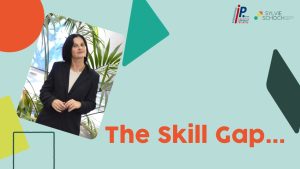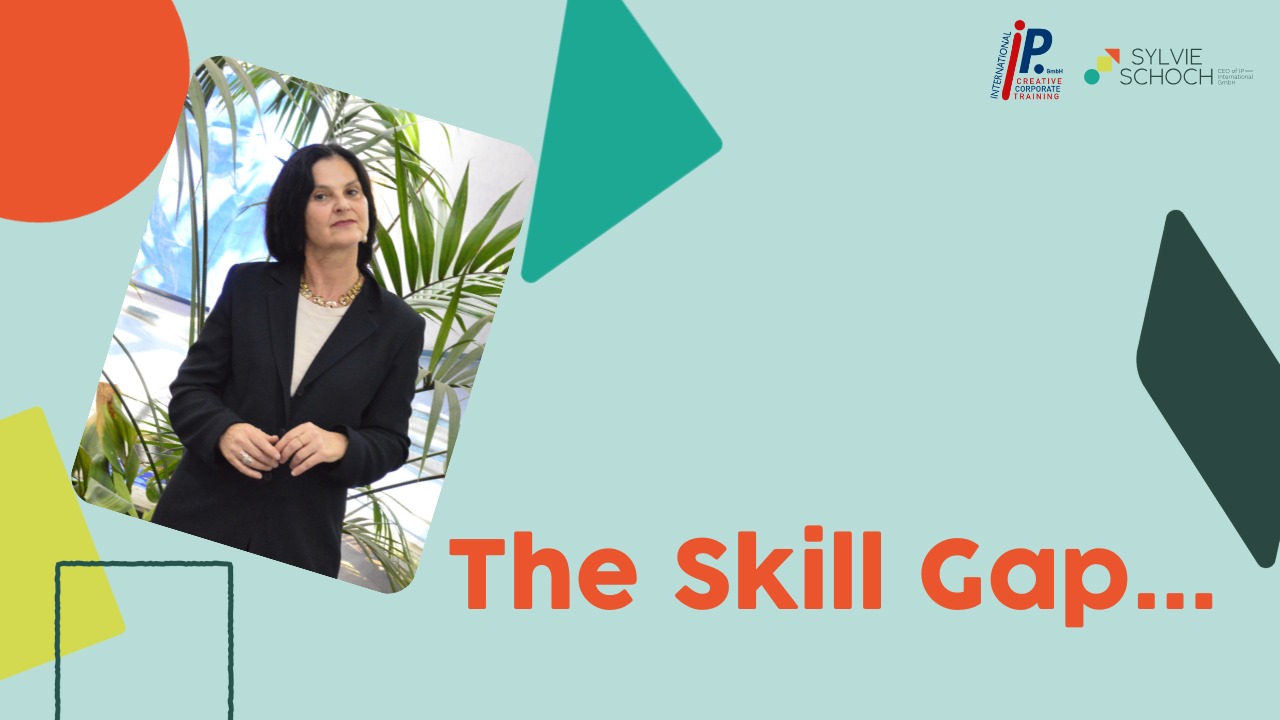The Skill Gap

Skills Are the New Currency of Work: Building a Future-Ready Workforce
The world of work is evolving at an unprecedented pace. The demands of today’s workplace go far beyond simply delivering results; they require continuous learning, adaptability, and a focus on skills that ensure long-term success. While achieving results will always be important, it’s time to shift our perspective: we need to reward not just outcomes but also the development of the skills that make those outcomes possible in the future.
Why Skills Are the Foundation of the Future Workplace
A recent Forbes article highlighted a critical truth: skills are indeed the new currency of work. While organizations continue to measure and reward managers and employees for delivering results, there is often little recognition for building the skills needed for long-term success. This aligns perfectly with what we have long advocated.
Forbes also pointed out that traditional approaches like sporadic training programs are no longer enough. The speed of change today demands that learning be embedded into the very fabric of work itself. This resonates deeply with our belief in fostering a culture of lifelong and continuous learning—not as a heavy burden, but as a journey of discovery that inspires growth and adaptability.
Addressing the Skill Gap with Continuous Learning
As highlighted in a recent Deloitte survey, 77% of executives agree that organizations should help workers stay employable, yet only 5% strongly believe they are investing enough to keep pace with change. This stark contrast underscores a pressing issue: traditional approaches to training are insufficient in a world where the speed of change is accelerating rapidly.
Organizations need to embed learning into their day-to-day operations. Lifelong and continuous learning should not be an afterthought but a central part of every organization’s culture. Moreover, learning needs to be reimagined as an engaging, motivating process—an experience that encourages employees to grow and adapt.
Unlocking Potential by Leveraging Existing Resources
Overcoming the skill gap starts with recognizing and utilizing the resources already present within an organization. Every individual brings unique abilities and untapped potential to the table. By fostering a culture of mutual respect and reciprocal learning, organizations can unlock this potential and achieve remarkable outcomes.
To do so, we need to move beyond the binary view of “strengths” and “weaknesses.” A skill that’s advantageous in one situation might not be in another—and vice versa. Acknowledging this nuance allows organizations to build teams that are adaptable, innovative, and prepared to tackle any challenge.
Making Diversity a Strategic Advantage
Diversity—across generations, cultures, and backgrounds—is a powerful driver of innovation and organizational success. But diversity alone is not enough; it is necessary to actively cultivate and support diversity. Creating a culture where mutual respect and continuous learning thrive is essential. Investing in diversity is not optional; it’s a strategic necessity for companies aiming to remain competitive and relevant in today’s fast-changing world.
The Soft Skills Imperative
In today’s workplace, soft skills are no longer optional—they are critical. Yet, many organizations face significant gaps in this area. The most pressing challenges include:
- Communication Gaps: The rise of remote and hybrid work models has made clear and effective communication more challenging than ever.
- Adaptability Strains: Rapid technological advancements demand employees who can embrace change positively and proactively.
- Emotional Intelligence Deficits: Managing stress, understanding coworkers’ emotions, and demonstrating empathy are increasingly crucial, yet often lacking in many workplaces.
- Problem-Solving and Critical Thinking: Innovative solutions require deep analysis and creative thinking—not just jumping to quick conclusions.
- Teamwork Challenges: Collaborative work is essential, yet fostering effective teamwork remains a hurdle, especially in diverse and dispersed teams.
Our Approach: Aligning Success with Well-Being
Addressing these challenges requires innovative approaches that prioritize both organizational success and individual well-being. This is why we have developed frameworks like the Personal Inner Team—a creative methodology designed to tackle modern workplace issues. By focusing on unique abilities, fostering mutual respect, and encouraging collaboration, we help teams achieve meaningful work and high levels of well-being.
Our philosophy is that success should always go hand in hand with purpose and health. We don’t just solve problems for our clients; we partner with them to create environments where potential is unlocked, skills are continuously developed, and everyone thrives.
Preparing for the Future of Work
As skills become the new currency of work, it’s clear that organizations need to invest in more than just outcomes. Embedding continuous learning into work, embracing diversity, and addressing the soft skills gap are keys to creating workplaces that are not only successful but also inspiring, meaningful, and future-ready.
How is your organization preparing for the future of work? Share your strategies and ideas in the comments below!
#ForbesInsights #SkillsForSuccess #SkillsForSuccess #WorkplaceCulture #SoftSkillsMatter
